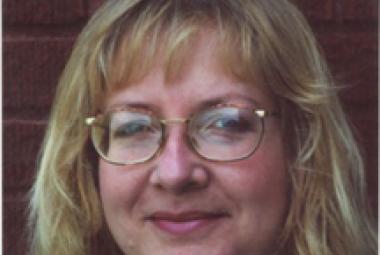Bill Wyman (born William George Perks; 24 October 1936) is an English musician, record producer, songwriter and singer best known as the bassist for the English rock and roll band the Rolling Stones from 1962 until 1993. Since 1997, he has recorded and toured with his own band, Bill Wyman's Rhythm Kings. He has worked producing both records and film, and has scored music for film in movies and television. Wyman is an author who has written seven books, which have sold two million copies. Wyman's love of art has additionally led to his proficiency in photography and his photographs have displayed in galleries around the world. He designed and marketed a patented "Bill Wyman signature metal detector", which he has used to find relics in the English countryside dating back to the era of the Roman Empire. As a businessman he owns several establishments, including the famous Sticky Fingers Café, a rock and roll themed bistro serving American cuisine, first opened in 1989 in the Kensington area of London. (More from Wikipedia)
Dick Taylor played bass guitar with the nascent Stones but quit after several months when he was accepted at the London Central School of Art; his replacement in the Rolling Stones was Bill Wyman.
The first performance by what was then called the Rollin' Stones – named after the landmark blues song "Rollin' Stone" by Muddy Waters – took place on July 12, 1962 at the Marquee Club in London. The line-up at that time was Mick Jagger (lead vocals, harmonica), Keith Richards (guitar), Brian Jones (guitar, harmonica), Ian Stewart (piano), Dick Taylor (bass) and Mick Avory (drums – Avory himself recalls that it was actually Tony Chapman). Mick Jagger and Keith Richards had known each other as children and were reacquainted by Dick Taylor, who was a mutual friend. Bill Wyman replaced Dick Taylor on bass in December 1962; Taylor then became one of the founding members of the Pretty Things, a band that is as long-lived and (in some circles) as beloved as the Stones, though with a significantly lower profile. When Charlie Watts joined the band on drums in January 1963, and with Ian Stewart removed from the official band membership (also in 1963), the classic line-up of the Rolling Stones was born.
The Rolling Stones first performed at the Crawdaddy Club in February 1963 as a replacement for the Dave Hunt Rhythm & Blues Band when they were snowed in and could not reach the club; this was the first time that the Stones had performed publicly with Bill Wyman and Charlie Watts. By April 1963, the Rolling Stones had taken over as the house band, with two gigs a week at the Crawdaddy Club plus a weekly date at another legendary music space in the Eel Pie Island Hotel in nearby Twickenham. (For years I thought that "eel pie" was some sort of slang for "ell-pee", or LP).
(January 2015/2)
* * *
Hardly anyone knew the other three band members in the Rolling Stones; well, maybe multi-instrumentalist Brian Jones – unquestionably the most under-appreciated Stone (who was saddled with the title of "lead guitarist" while playing alongside Keith Richards) – who was the "cute one" with the blond hair. But the two men who are rightfully renowned as the greatest rhythm section in the history of rock music – bass guitarist Bill Wyman and drummer Charlie Watts – were virtually unknown to the American public. Or at least, until I saw that photo in Mad, I certainly didn't know their names or what they looked like.
* * *
Mal and the Primitives released just one single in Great Britain; "Every Minute of Every Day" b/w "Pretty Little Face" (the latter song written by bandmember John E. Soul) came out on Pye Records and also made no impact on the charts, like the earlier Primitives singles. About their final U.K. single, Bruce Eder has this praise: "They had a sound similar to the original group, although [Mal] Ryder was more of a dramatic singer, with an intense but less raspy delivery, more along the lines of a pop-soul vocalist like Chris Farlowe in his later 1960's incarnation. 'Every Minute [of Every Day]' was a suitable A-side, similar to the group's past work, while 'Pretty Little Face' was a lot more elegant than anything the original group had ever done, right down to the rather lyrical acoustic lead guitar doubling the opening piano part, similar to what the guitars on Bill Wyman's 'In Another Land' [by the Rolling Stones] do on the middle and final verse of that song."
(May 2015)
* * *















